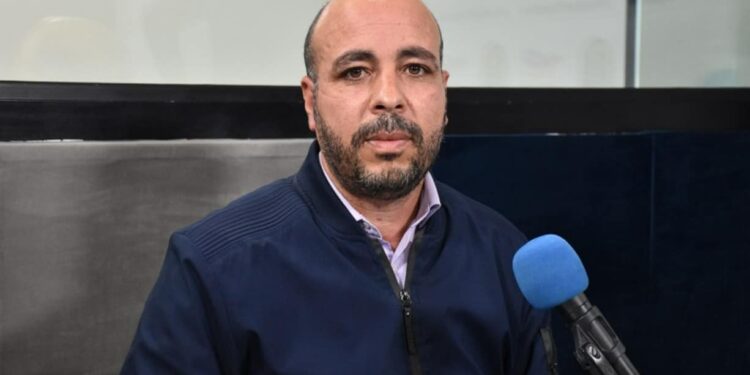Romedhane Ben Amor, spokesperson for Tunisian forum for economic and social rights (FTDES)announced that it was denied an entry visa in Morocco. Associative activist engaged on migration and social issues, he had to participate in a regional meeting. This refusal, which affects a personality known for its positions in favor of human rights, relaunches the debate on the restriction of travel imposed on Tunisians towards the Cherifian kingdom.
Historically, Tunisia and Morocco had a free circulation relationship, symbol of cultural and political proximity. But a few weeks ago Rabat decided to impose the entry visa on Tunisian nationals, under Terxte to supervise the tourist entries on the occasion of the next football can.
But for some, this decision was explained by a concern for “migratory control” and security, in a regional context marked by the rise in tensions between the two countries and by the diplomatic friction Between Tunis and Rabat, against a background of divergences around Western Sahara.
The consequences for Tunisians
Since this measure, trips to Morocco have become more complex for Tunisian citizens. Students, researchers, associations or simple tourists must now file a file and may see their request refused.
This situation also illustrates the difficulty of materializing the Maghrebian Union project. While official speeches call to strengthen regional integration, reality is marked by Closed borders (between Morocco and Algeria), restrictive measures and persistent distrust between states.
Tunisia, for its part, has not imposed, so far, from visa to Moroccans. The case of Romdhane Ben Amor could well revive criticism against a measure deemed counterproductive. For activists, the Moroccan visa is not only an administrative constraint: it symbolizes a closing climate In a region where youth and civil society aspire to more mobility, cooperation and dialogue.








